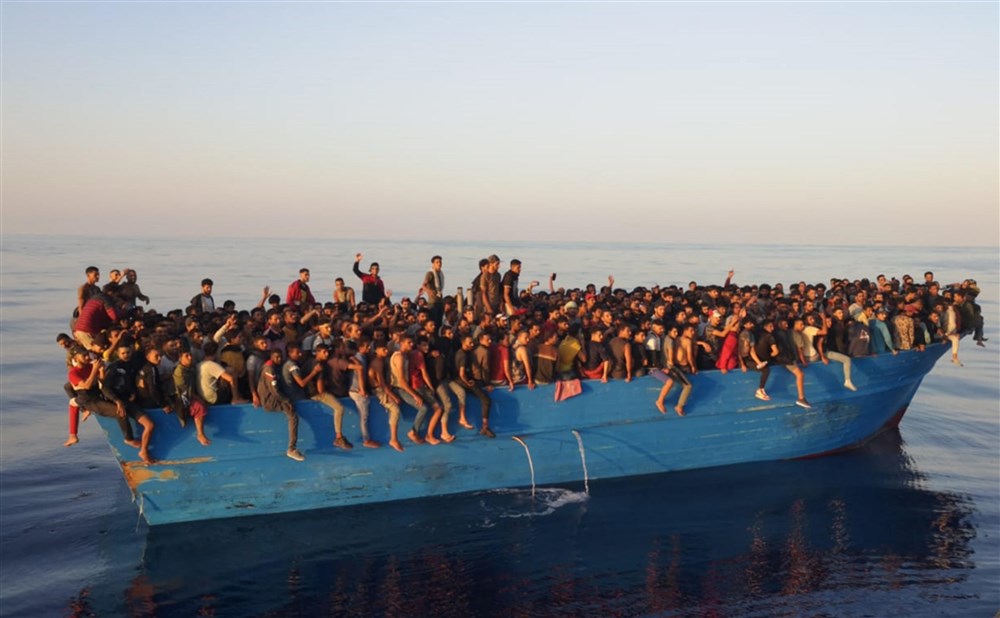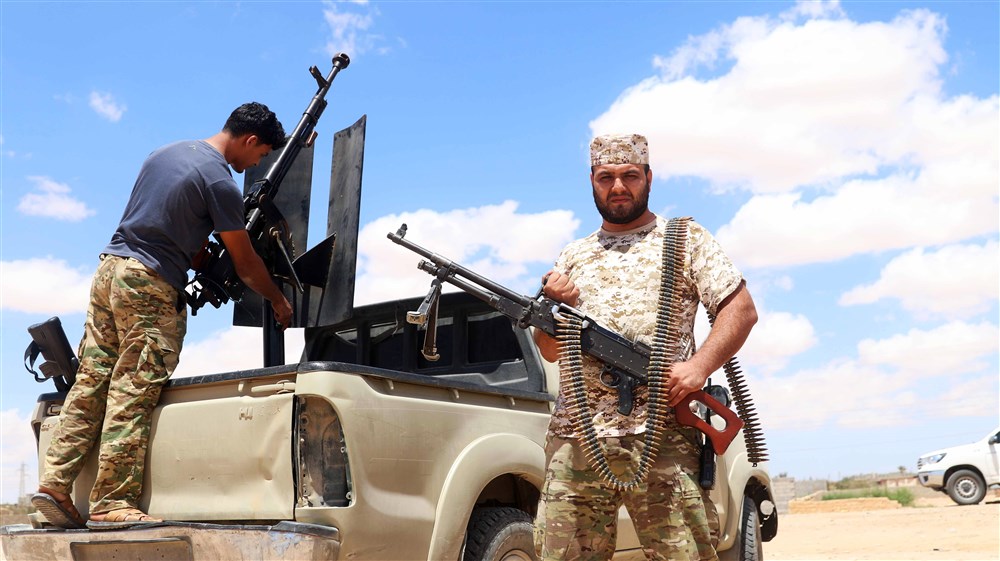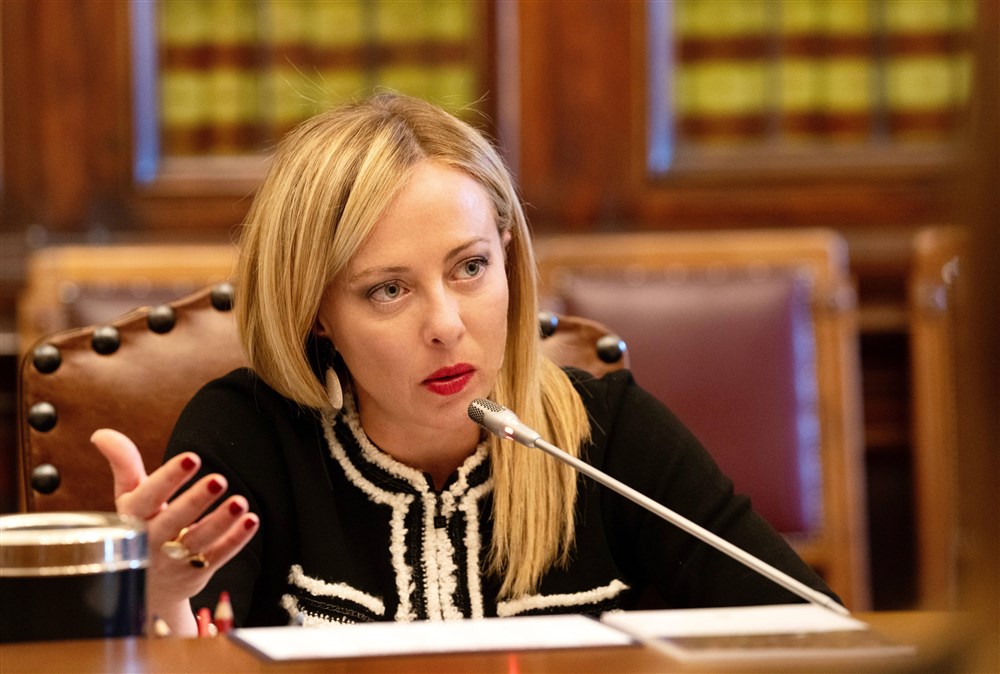An attacker fired indiscriminately at security guards at the Ghriba synagogue on Tunisia’s Djerba island on May 10. Two worshippers and three security officers were reported killed. The worshippers were Jewish cousins, one a French citizen and another a dual Israeli-Tunisian citizen. Four more police officers were injured, one critically, hospital sources said, along with four other visitors.
Tunisia’s President Kais Saied blamed “criminals” seeking to harm the tourism sector. The attacker was shot dead by security forces and identified as a National Guard member. He had reportedly killed a colleague at a naval installation on May 9.
While authorities have not identified the attacker’s motivation, Islamist militants have long-targeted the Jewish pilgrimage in Djerba, as well as several other sites frequented by foreigners or religious minorities.
In 2002, al Qaeda militants attacked the synagogue with a truck bomb, killing 21 western tourists. Since then, many synagogues in Tunisia have had tight security. In 2020, a blast targeting police outside the US embassy killed an officer. In 2019, two suicide attacks targeting police outside the French embassy also killed an officer. In 2015, Islamist terrorists killed numerous tourists in two attacks at a beach resort and in a Tunis museum.
Since the 2011 revolution, Tunisia has seen a rise in Islamism as extremist groups exploited the power vacuum and new religious freedoms.
Before the latest attack, Tunisian and American officials had celebrated the Lag B’Omer festival, marking the 33th day after Passover that brought Tunisian-Muslims and Tunisian-Jews together. The US special envoy to monitor and combat antisemitism, Ambassador Deborah Lipstadt, attended festivities with the US Ambassador to Tunisia Joey Hood just hours before shots were fired.
Djerba’s synagogue is the oldest in North Africa. It plays host to hundreds of Jews from Europe and Israel. Djerba’s Jewish population is one of North Africa’s largest, although it has decreased from 100,000 in the 1960s to 1,500 today. The creation of the state of Israel is cited as the main cause of this decline. Tunisian Jews moved in Israel and anti-Semitism rose in the Arab world, forcing many to flee. Tunisia remains home to one of North Africa’s largest Jewish communities, dating back to the Roman empire.
Tunisia has suffered from political turmoil over the past year. Saied was elected in 2019 after widespread discontent at the state of the country. A Conservative law scholar, Saied promised to tackle corruption and revive the country’s economy. Despite suspending parliament, ousting the prime minister, taking judicial powers and imposing emergency law, he has still enjoyed the support of the Tunisian people. Early this year however, his leadership began to suffer from widespread protests. Saied doubled down by targeting opposition leaders, trade unionists, business people, media figures and judges in what he said were necessary steps to prevent Tunisia from becoming another failed state.





